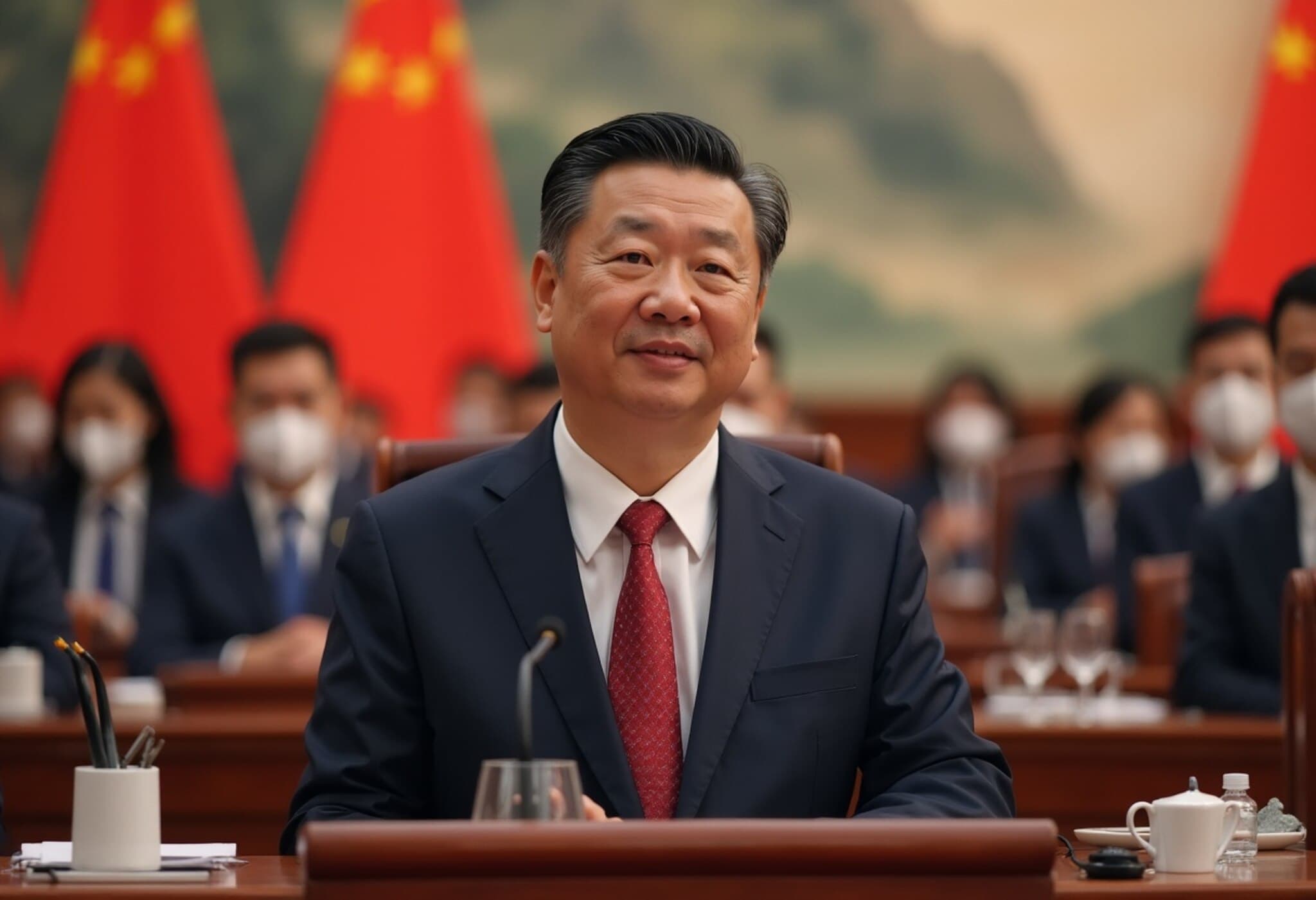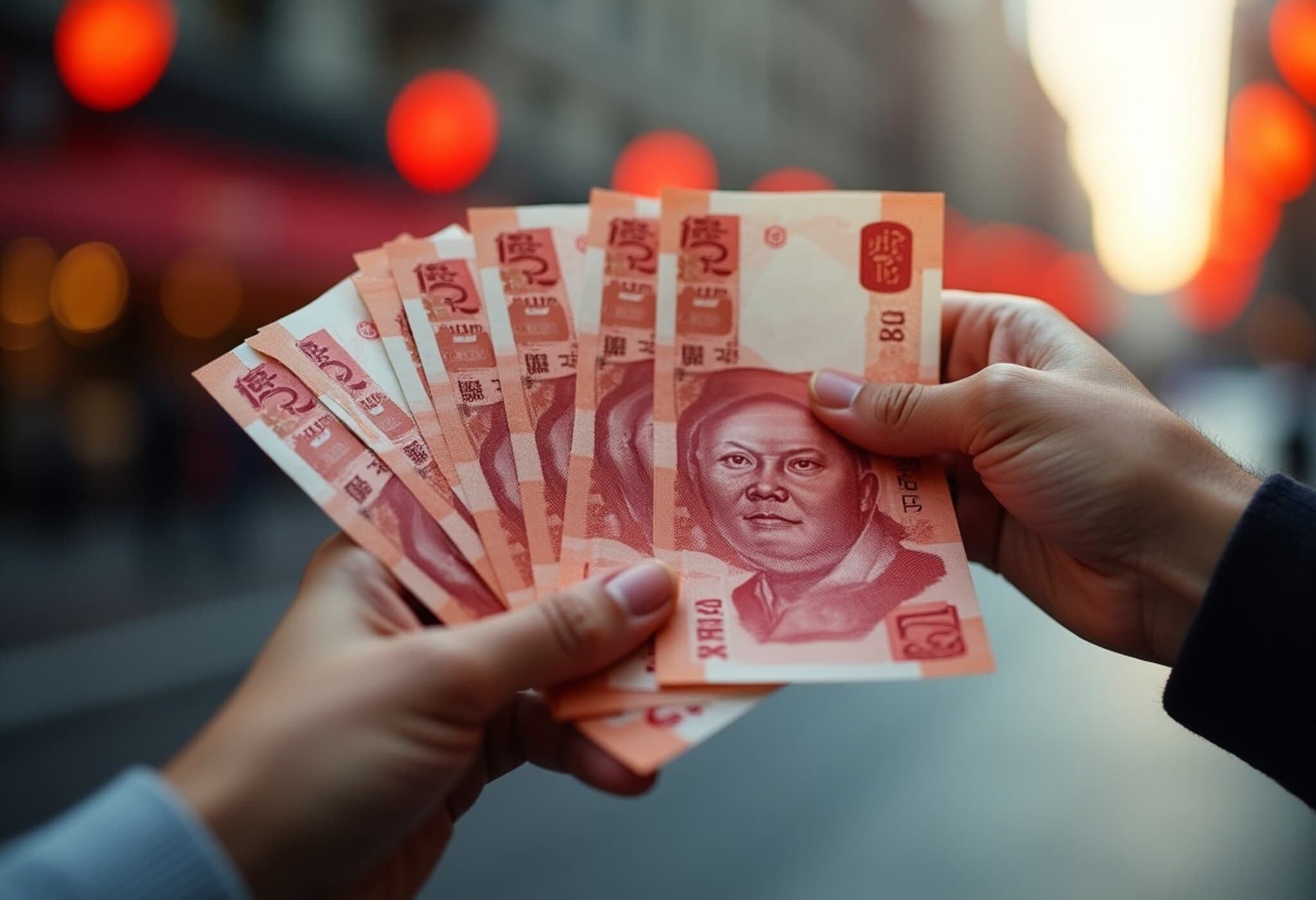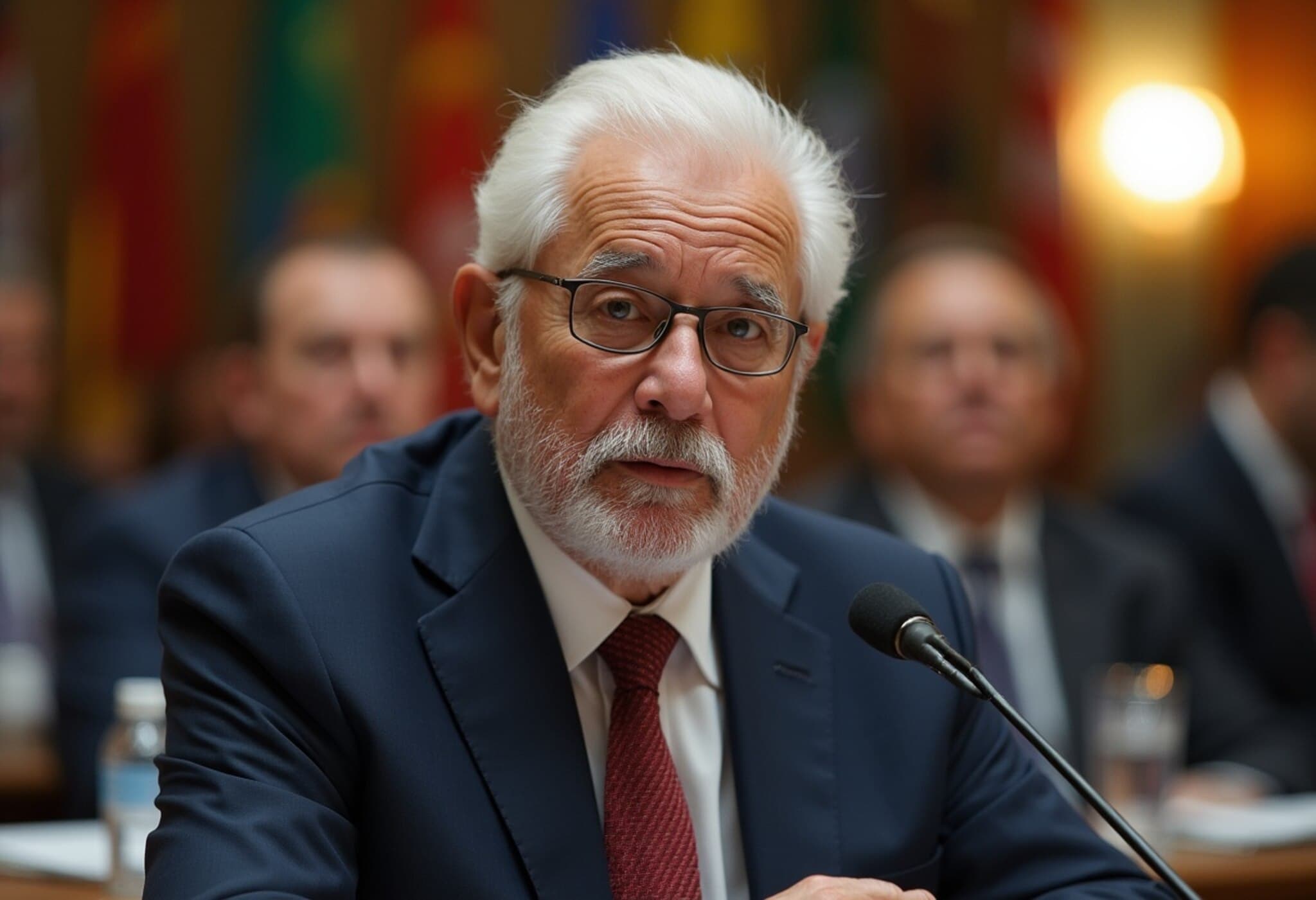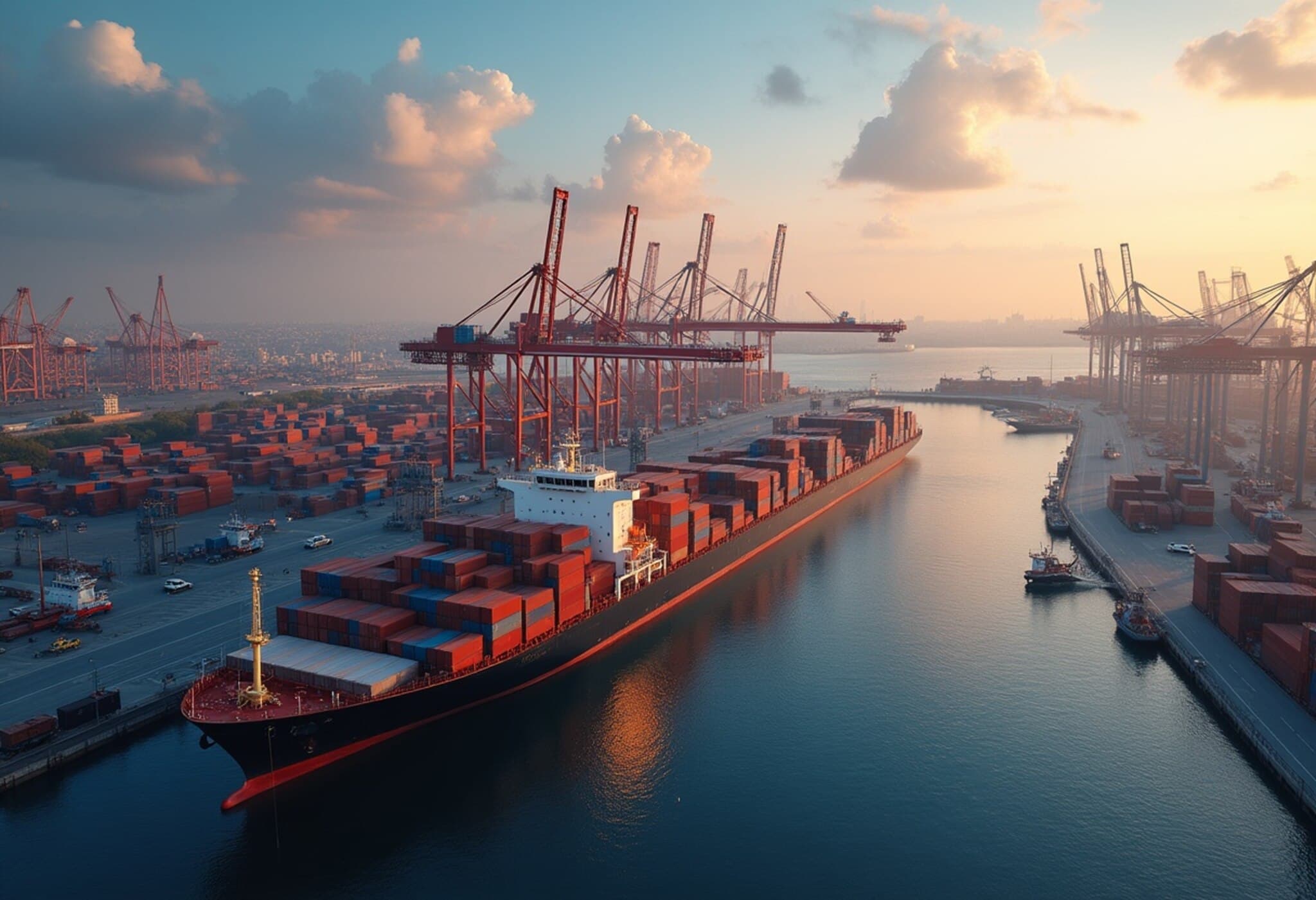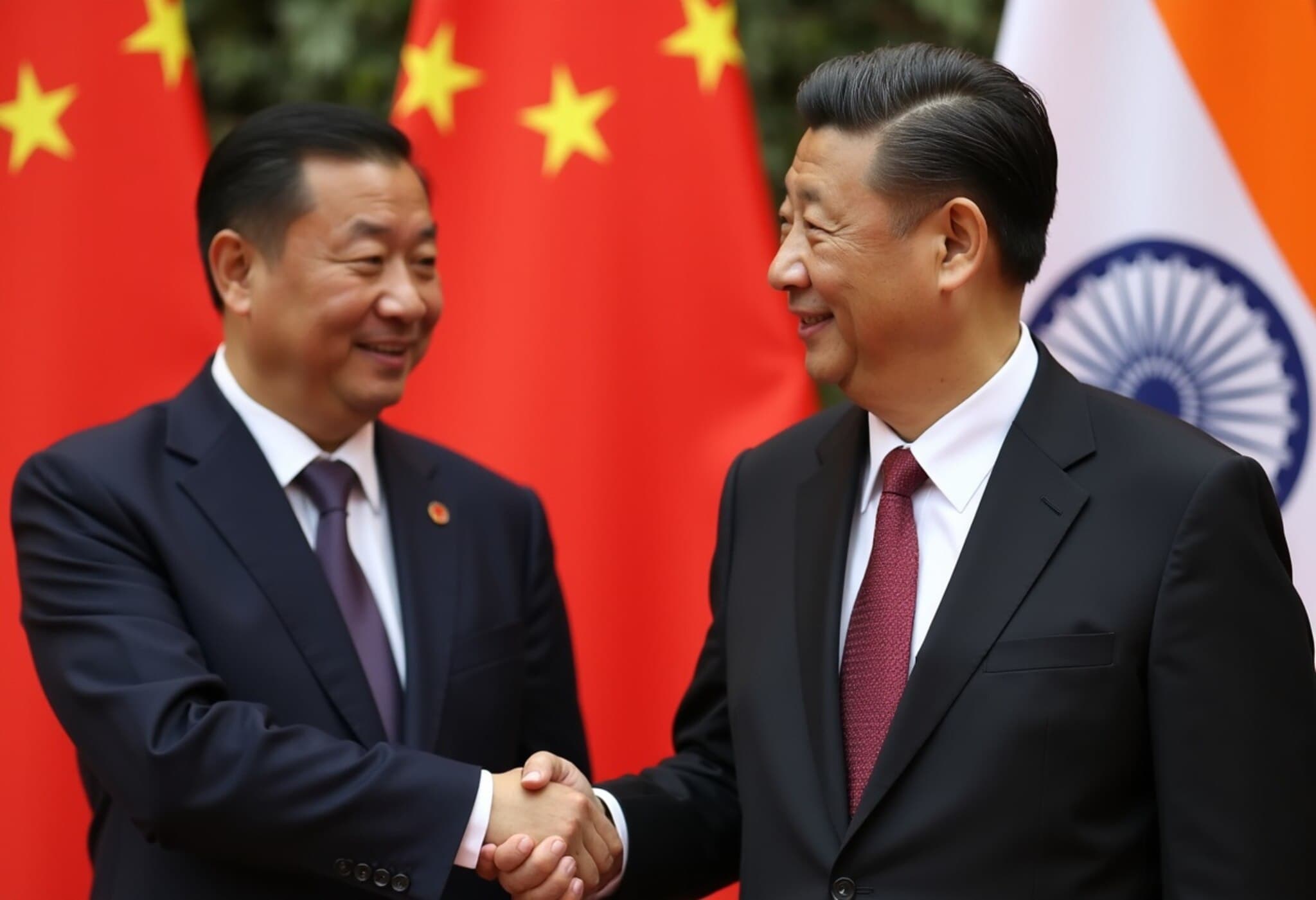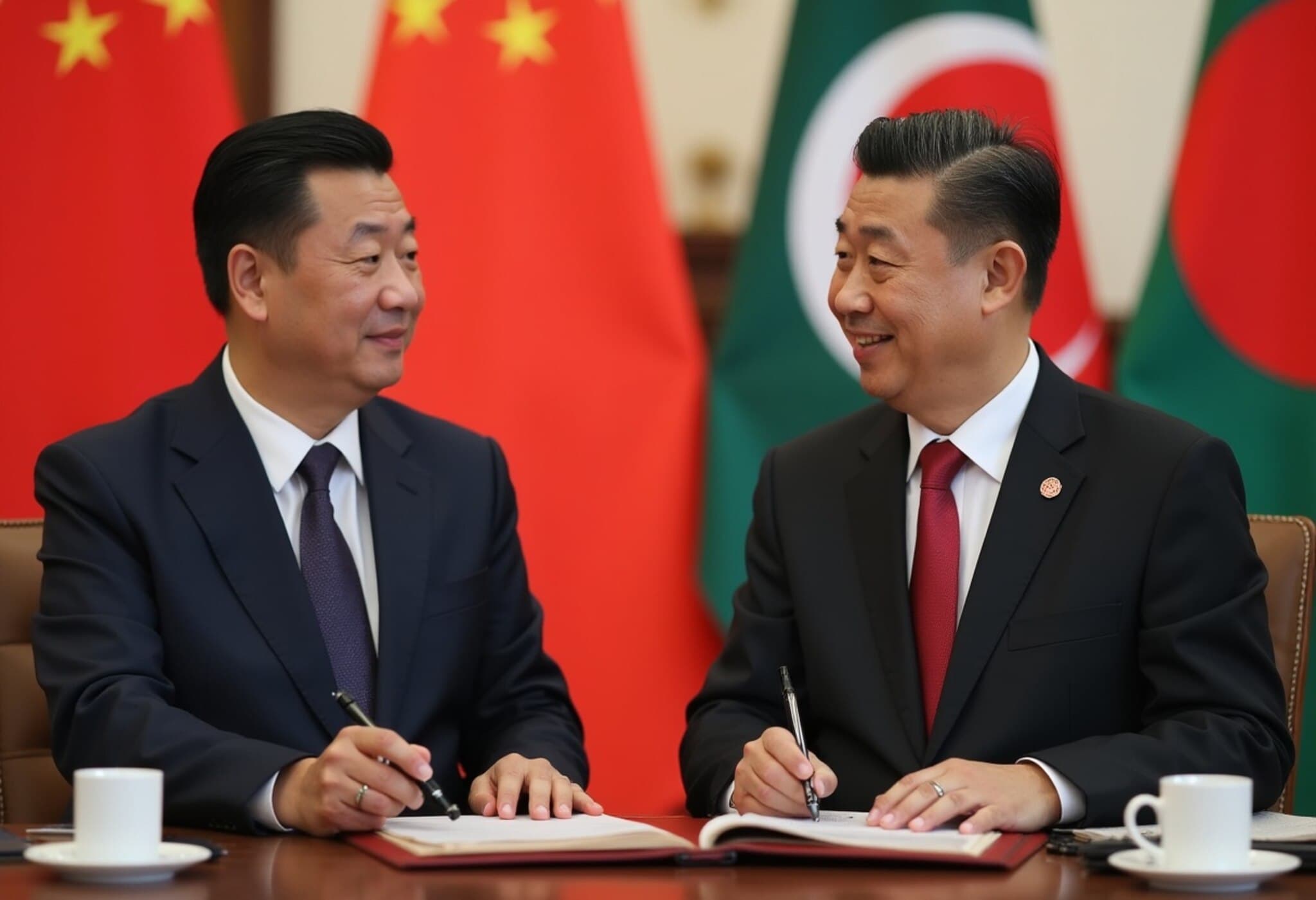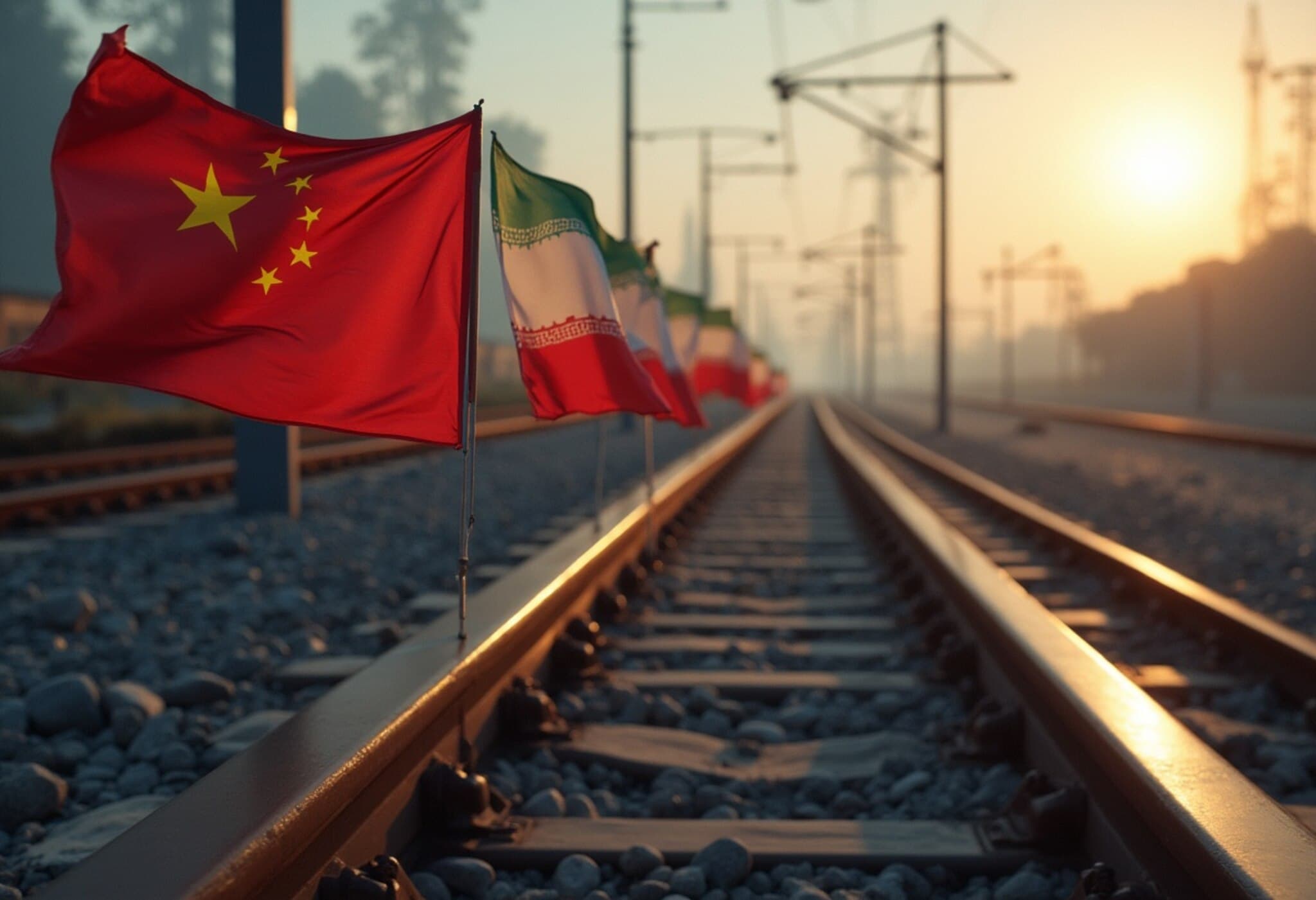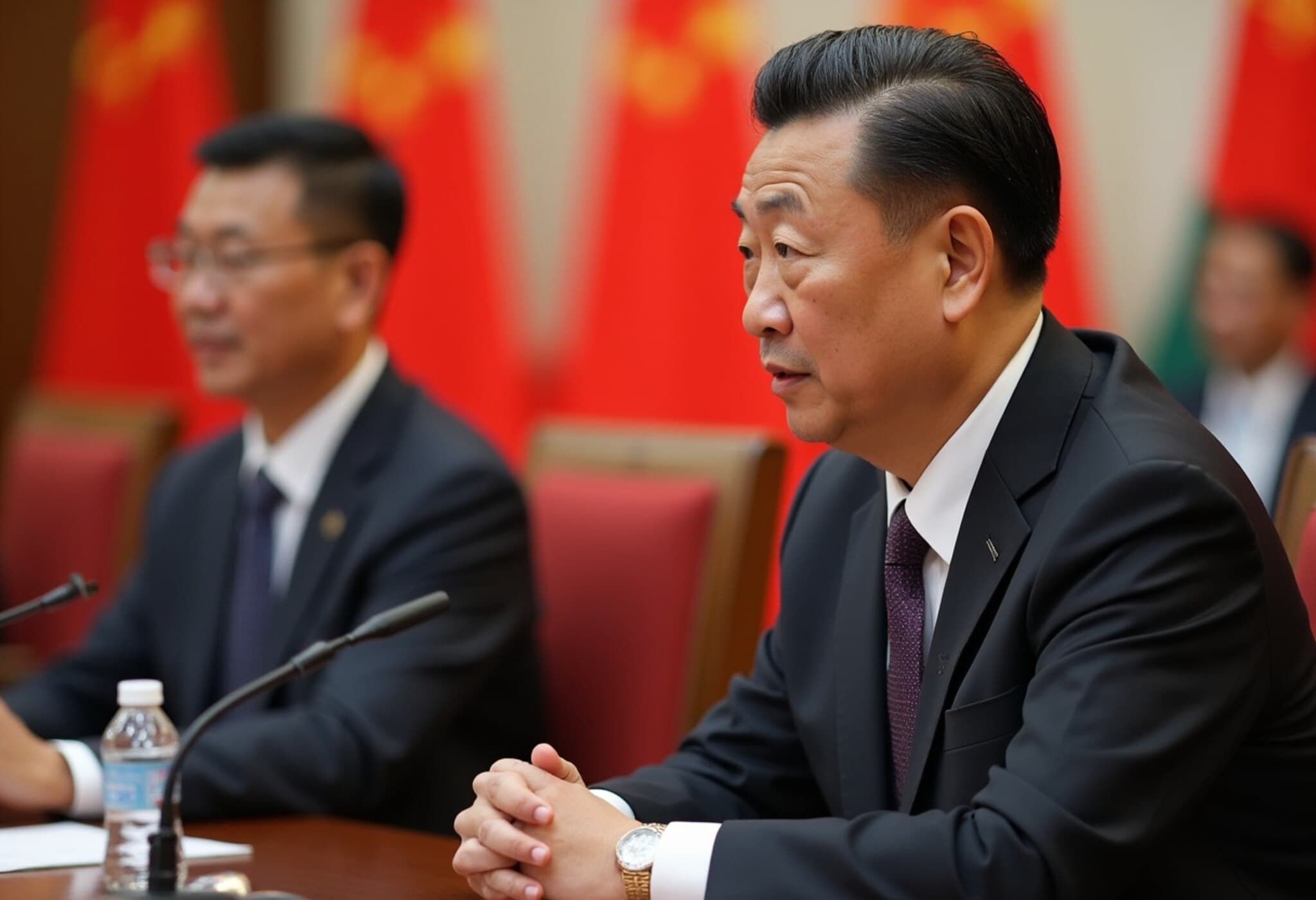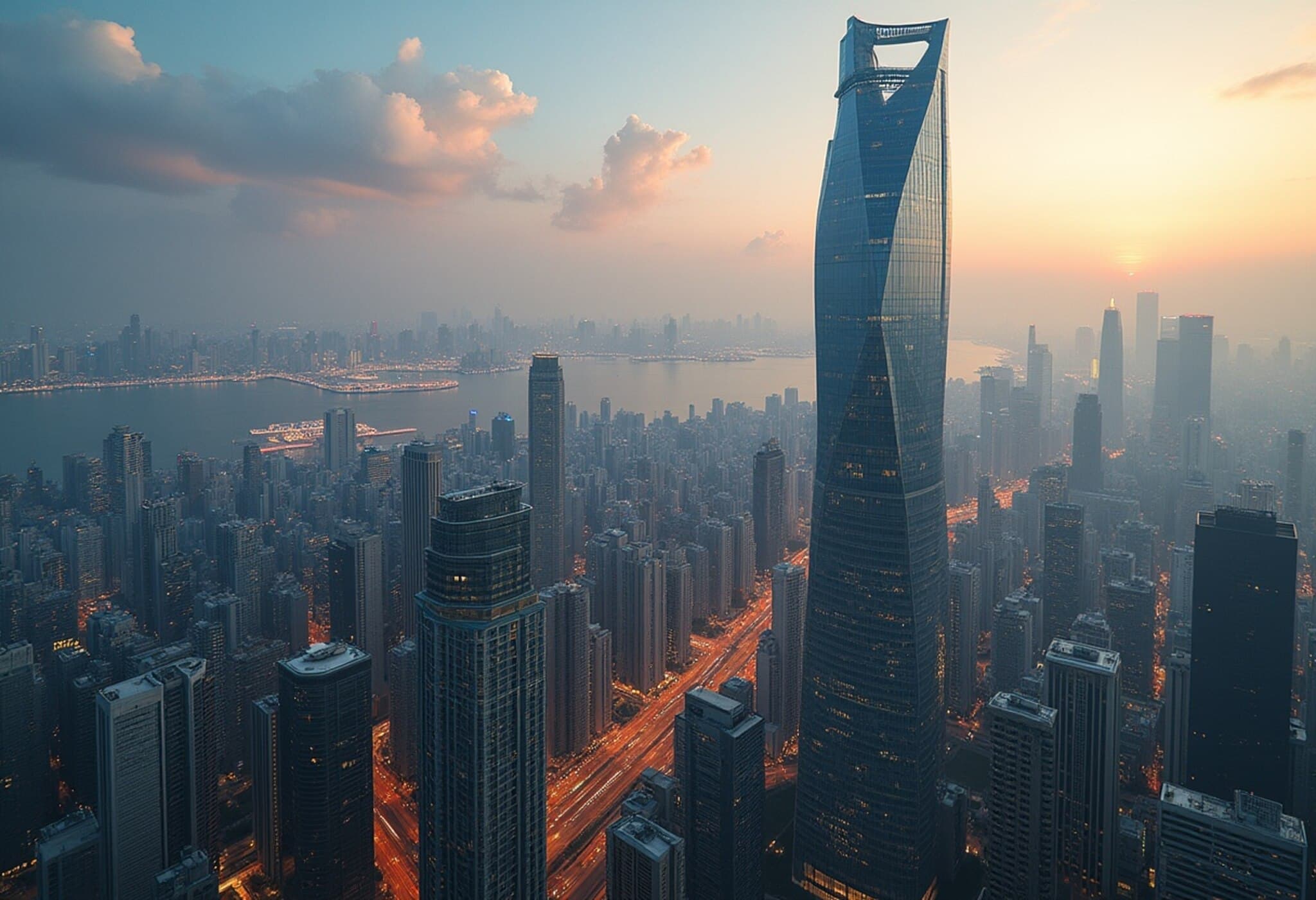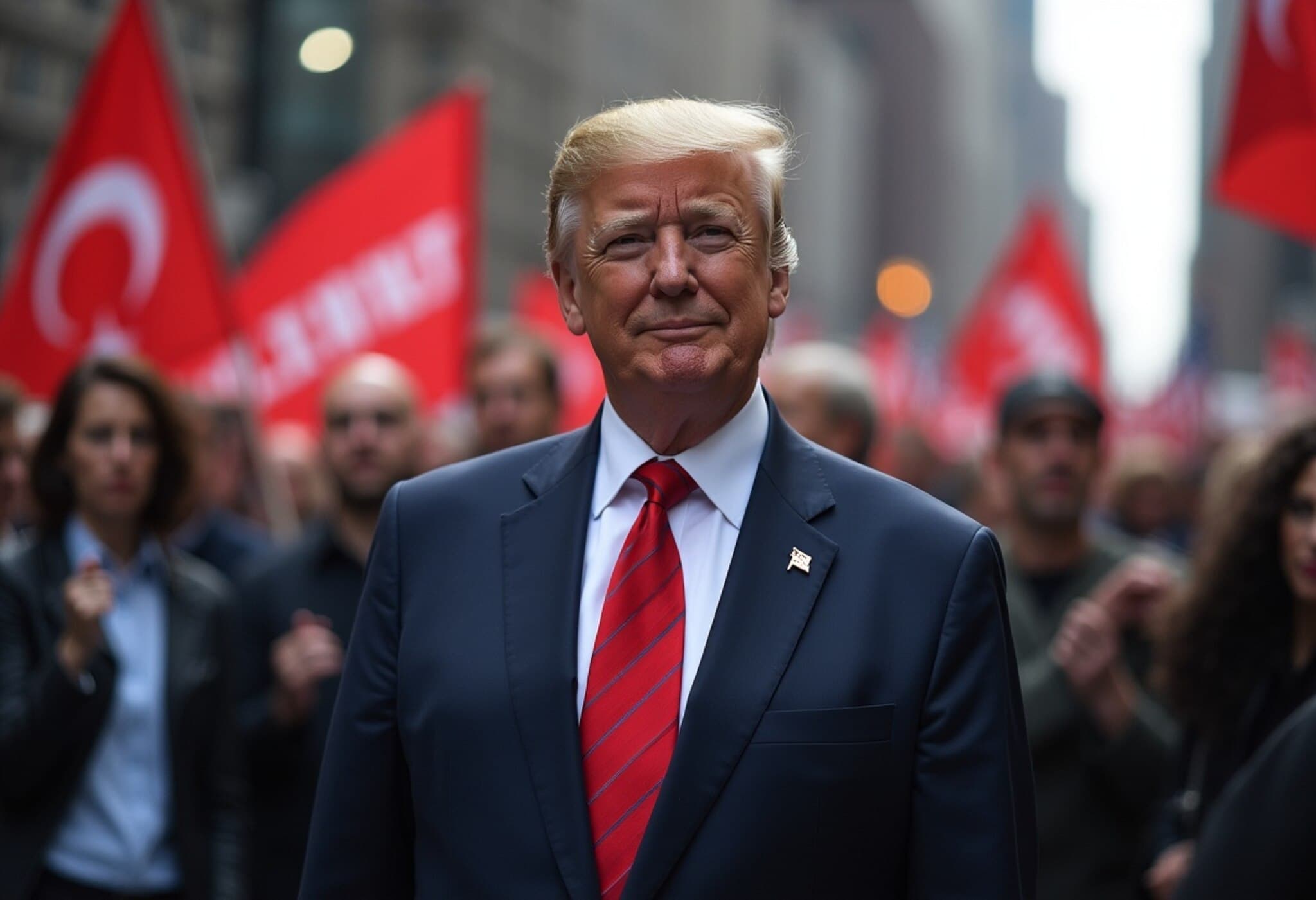Chinese Premier Calls for Greater AIIB Commitment to Belt and Road
Chinese Premier Li Qiang emphasized the need for the Asian Infrastructure Investment Bank (AIIB) to deepen its involvement in China's flagship regional development program, the Belt and Road Initiative (BRI). Speaking at the AIIB's 10th annual meeting, Li urged the bank to enhance cooperation across Asia and beyond, reaffirming Beijing’s dedication to open regionalism.
Linking AIIB to China's Global Development Goals
In his address, Premier Li highlighted the importance of aligning the AIIB more closely with both the BRI and the Global Development Initiative—programs designed to facilitate connectivity, infrastructure growth, and sustainable development. These initiatives aim to extend China’s influence through vast infrastructure investments spanning Asia, Europe, and Africa.
Context: Shifting Global Economic Alliances
This call comes amid a cooling of U.S. support for Western-led financial institutions like the World Bank and the International Monetary Fund. Recent trade policies from the U.S. administration have stirred uncertainties, creating openings that China appears keen to explore. Experts suggest that China is strategically reinforcing its financial institutions to counterbalance Western influence and build stronger ties with developing economies.
AIIB’s Expanding Role in Global Infrastructure
Since its founding in 2016, the AIIB has emerged as a significant lender for infrastructure projects, with investments now surpassing $60 billion. Its portfolio includes vital sectors such as water supply, transportation, and energy development. The bank counts over 110 member countries globally, with China holding the largest share.
Indonesia, a founding member, exemplifies the AIIB’s impact; its projects with the bank total more than $5.1 billion. Indonesian Finance Minister Sri Mulyani Indrawati praised AIIB’s evolution, stating it has transformed from an emerging regional bank into a global development powerhouse.
Leadership Changes Highlight China’s Consolidation
New leadership is also on the horizon. Zou Jiayi, a former Chinese vice finance minister and member of the Communist Party’s Central Committee, is set to take the helm of the AIIB in January. This transition signals continued alignment between the bank’s priorities and Beijing’s strategic goals. The current president, Jin Liqun, who has led since the bank’s inception, also has a background in China’s finance ministry.
Looking Ahead: China’s Vision for Global Economic Connectivity
Premier Li’s remarks at the ASEAN-China-GCC Economic Forum in Kuala Lumpur underscored China's vision of reshaping international trade dynamics through enhanced collaboration. He encouraged global business leaders to avoid politicizing trade and instead focus on strengthening economic ties that reflect a new international order.
With China’s proactive stance and strengthened institutions like the AIIB, the global landscape for infrastructure financing and regional cooperation appears increasingly centered around Beijing’s initiatives.

